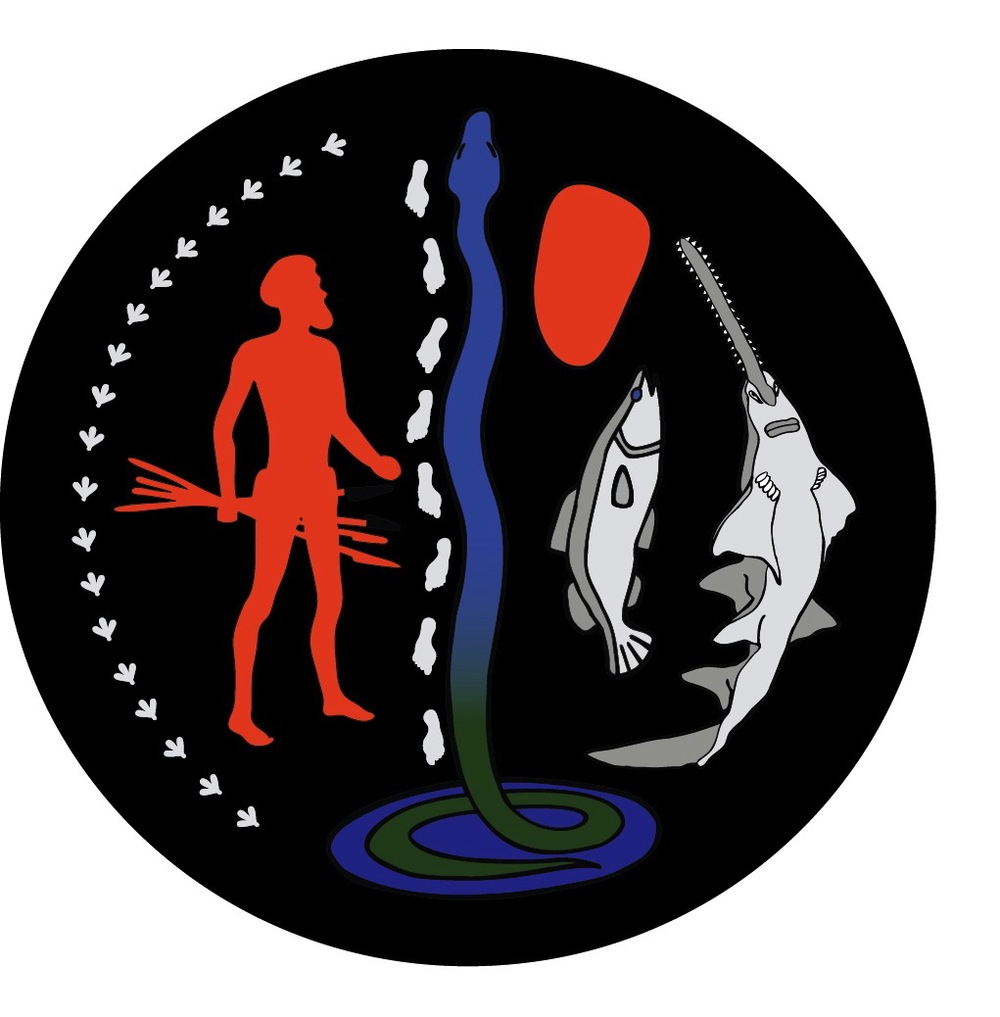At the end of last year, Walalakoo's Media and Communications Officer Ann-Janette interviewed Damien about the new job and this is what she found out ...
Damien is a Yawuru and Jabirr Jabirr man who has lived in Broome for most of his life. He has also spent some time in Perth on a scholarship to complete a Bachelor of Laws at the University of Western Australia.
Employed by the Kimberley Land Council (KLC) in 2003, Damien was the Senior Business Manager of the Land and Sea Management Unit before becoming the CEO of WAC. He has years of experience in the native title field and understand processes such as litigation, negotiating consent determinations, negotiation of land use agreements, cultural heritage and environmental surveys, co-ordinating large scale events, stakeholder engagement, developing PBC governance structures and providing a range of support services to PBCs.
Damien says he’s excited about the challenge ahead.
“It is a step up for me but the issues and challenges facing WAC are not dissimilar to what I have been dealing with on a larger scale with the KLC in a pre-PBC context. Almost my entire working career I have been with the KLC. During that time I worked with many inspirational elders from across the Kimberley whose vision and aspirations have shaped the way I view the world. I believe it is important to listen to what the people want and deliver outcomes that best encompass the visions and aspirations of the people.”
He says he has found a common theme across the Kimberley when it comes to key issues of importance.
“The common theme is strong culture, healthy country, control of country and determining our own future. PBCs have an important role to play in achieving all of these aspirations. I believe in building a strong, sustainable and independent PBC with a strong economic foundation to achieve these aspirations for Nyikina Mangala people.”
Looking ahead to 2016, this is the message Damien would like to give Walalakoo's members ...
2016 for Nyikina Mangala People, community and Country is looking very positive. With solid governance structures in place WAC can now look to really capitalise on and engage with opportunities that are out there.
There are opportunities through land management and commercial projects which, once finalised, should provide ample opportunities for Nyikina Mangala people through employment, training and other engagement mechanisms.
One of the key projects in 2016 will be the cultural mapping and associated consultations. This will form the basis of settling the membership issues that have been the cause of frustration for many Nyikina Mangala people. Once these issues have been dealt with, the organisation can move forward collectively with our members and continue to build.
The decision to invest and provide initial funds to Kimberley Agricultural and Pastoral Company (KAPCO) has paid off, with the stations and Indigenous investors due to sign off on subleases and shareholders agreements at the end of February. This will allow KAPCO to commence full time operations and provide employment and contract opportunities for members.
The Nature Conservancy has provided WAC with funds to develop a Healthy Country Plan. The HCP will provide Nyikina Mangala people with the framework to promote their aspirations for looking after country in a way that is sustainable and practical.
There are many other exciting opportunities that have been presented to WAC which have to be followed up and teased out. All are in very early stages but as they progress updates will follow. It’s exciting times for WAC and its members and with our solid corporate governance model the time is right to really build on the solid foundation of the organisation.
As with all organisations, WAC is not immune to challenges and difficulties. The key to working through these challenges is how we respond to them when they arise. There will be times when tough decisions need to be made where we need to maintain our solid governance.
The downturn in the resource industry has seen Buru Energy suspend its operations at Ungani. The organisation is now in the difficult position of building wealth and reducing costs to ensure its sustainability. This is something I am confident in achieving with solid direction from the Board of Director’s.
Communication to members has been very minimal in the establishment of the organisation. More regular updates are required and this is something I will be working on in the near future through WAC’s website.

